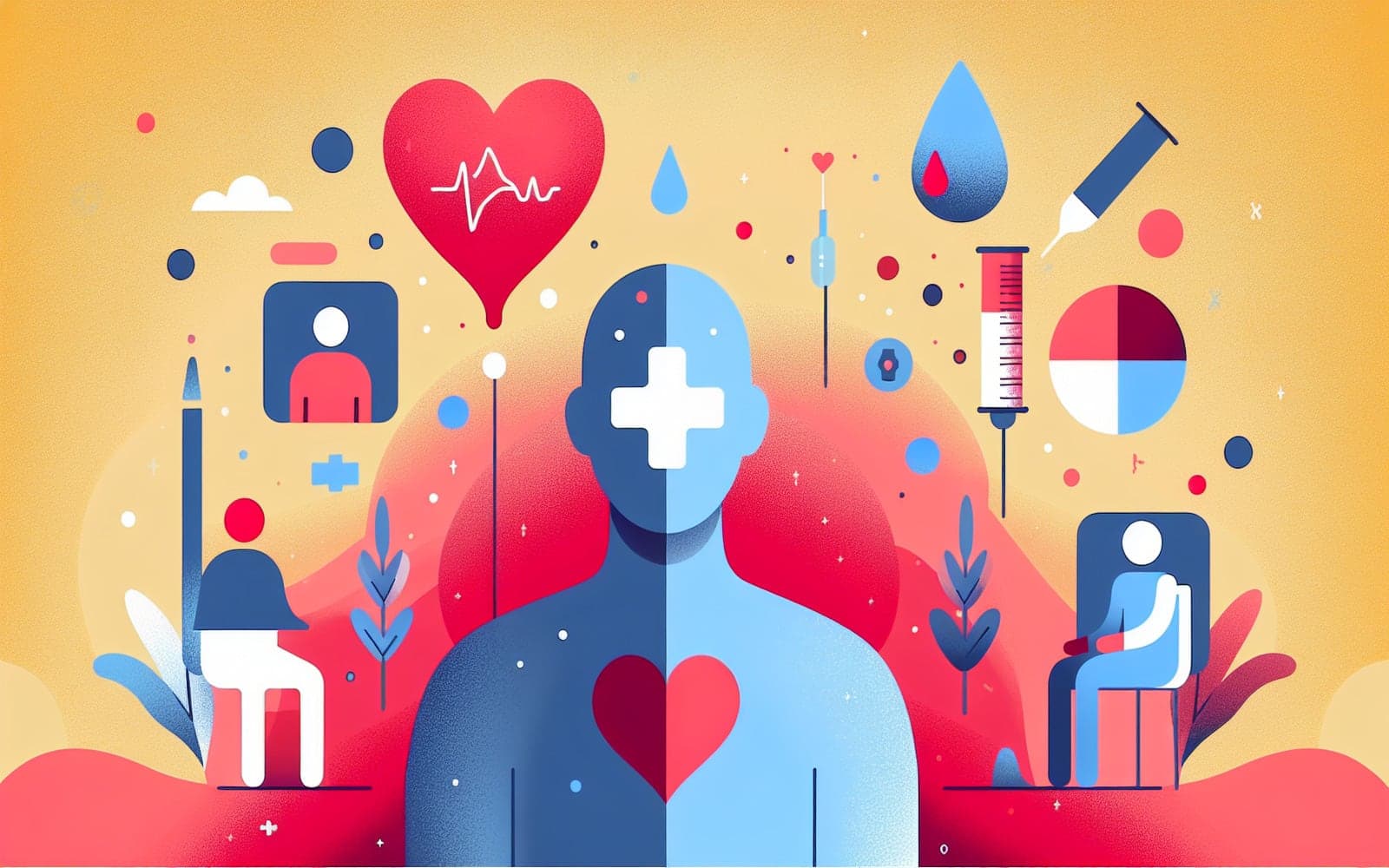Why Do Nosebleeds Happen and How Can You Stop Them?
Published: Jul 02, 2024
Nosebleeds, also known as epistaxis, are pretty common, affecting about 60% of people. But, they can be more than just a minor annoyance.
Contents
What Causes Nosebleeds?
Nosebleeds can happen for several reasons. They often result from dry air, nose picking, or an injury to the nose. Less commonly, they can be a sign of more serious issues like high blood pressure or blood clotting disorders. Even medications like aspirin or anticoagulants can increase the risk of a nosebleed.
How Are Nosebleeds Classified?
Nosebleeds are classified as either anterior or posterior. Anterior bleeds come from the front of the nose and are the most common type. Posterior bleeds originate deeper in the nose and can be more severe, often requiring medical intervention. Both types can have different causes and treatments.

When Should You Be Concerned?
While most nosebleeds are harmless and stop on their own, some require medical attention. If a nosebleed lasts more than 20 minutes, or is accompanied by symptoms like dizziness or a rapid heartbeat, it's time to see a doctor. Frequent nosebleeds could signal an underlying health issue that needs addressing.
Frequently Asked Questions
Dry air, nose picking, and nasal injuries are common causes.
Anterior bleeds are from the front of the nose; posterior are deeper and more severe.
If it lasts over 20 minutes or you feel dizzy, seek help.
Yes, medications like aspirin can increase the risk.
Key Takeaways
Nosebleeds are often harmless but knowing when they're serious can protect your health.
Next steps: Talk to Doctronic if you're experiencing frequent nosebleeds.Related Articles
References
Kucik CJ, Clenney T. Management of epistaxis. Am Fam Physician 2005; 71:305.
Villwock JA, Jones K. Recent trends in epistaxis management in the United States: 2008-2010. JAMA Otolaryngol Head Neck Surg 2013; 139:1279.
Always discuss health information with your healthcare provider.

